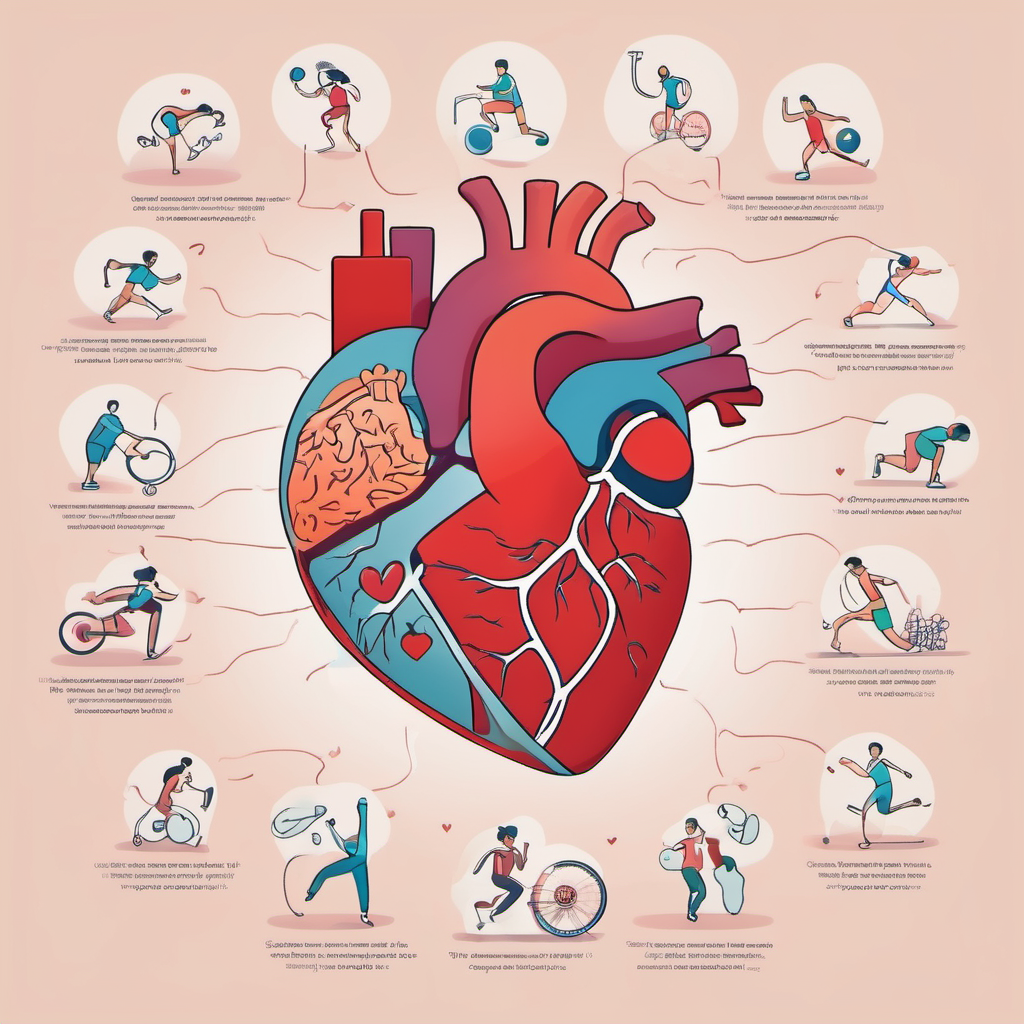Did you know that people who live an inactive lifestyle have twice the chances of developing a heart disease? You may have heard about the importance of regular exercise on overall health. But when it comes to the heart, exercise plays specific and significant roles in ensuring that your heart is in good condition and able to perform its blood pumping function as optimally as possible.
This post identifies 6 specific ways exercise benefits your heart health that you probably did not know about.

Benefits of Exercise to Your Heart
Lowers your blood pressure
During exercise, your heart pumps more blood in an attempt to meet up with the energy demands of your body. This increased push-out of blood with every heartbeat continually ‘trains’ your heart to pump blood more efficiently and without struggle, thus eventually reducing your blood pressure. Exercise is so important in the control of blood pressure such that if you have high blood pressure, exercise can help lower it, and if you don’t, exercise can help you prevent it.
Improves the state and function of your blood vessels
One of the events that happen in your body that may precede a heart disease is damage to the inner lining of your blood vessels, known as endothelial dysfunction. Usually, this inner lining of the blood vessels produce certain substances that help them relax and allow for easy flow of blood. One of these substances is known as nitric oxide. In people who have endothelial dysfunction, their blood vessels do not produce enough nitric oxide. The implication of this is that the blood vessels do not relax well, but rather constrict, reducing blood and oxygen flow. This, in turn, can cause various heart problems. Research has shown that exercise makes your blood vessels relax by increasing their production of nitric oxide. This enhances blood flow and prevents heart diseases.
Improves your heart’s ability to deliver blood
Exercise increases your stroke volume, that is, the amount of blood your heart can deliver with each heartbeat. As you stick to your routine and exercise more over time, the number of times your heart beats in a minute to deliver blood reduces, as your stroke volume increases. This simply means that your heart does not need to work as hard as it used to, to meet the blood and oxygen demands of your body. Your heart simply gets better at its job.
Regulates your cholesterol levels
Helps with weight control
Relieves stress

A Word From HealthFacts to You
You can read our post on how to make exercise an habit here.
Until next time, stay healthy!









